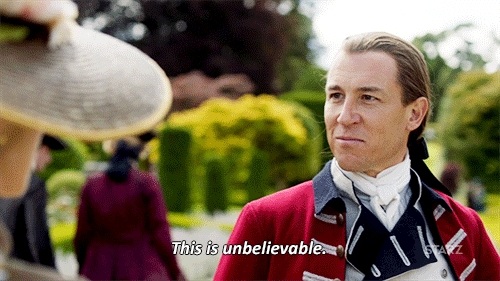zippy2006
Dragonsworn
- Nov 9, 2013
- 7,750
- 3,889
- Country
- United States
- Gender
- Male
- Faith
- Catholic
- Marital Status
- Single
Sedevacantism, from Wikipedia, the Free Encyclopedia
"Sedevacantism is the position, held by some traditionalist Catholics,[1][2] that the present occupier of the Holy See is not truly pope due to the mainstream church's espousal of what they see as the heresy of modernism and that, for lack of a valid pope, the See has been vacant since the death of Pope Pius XII in 1958. The term "sedevacantism" is derived from the Latin phrase sede vacante, which means "with the chair [of Saint Peter] vacant".[3] The phrase is commonly used to refer specifically to a vacancy of the Holy See from the death or resignation of a pope to the election of his successor."
You have said:
"Nickles and dimes. Problematic leaders are indicative of problematic cultures, and problematic cultures influence institutions just as much as they influence leaders. A strong central authority can impede or catalyze problematic cultures (e.g. Pope Paul VI)."
"A man loses the papacy when he becomes a public heretic. Nothing confusing about this. A man also loses his salvation when he commits apostasy. It's not "No True Scotsman." Keep tryin'."
"Because the Papacy is not a sacramental office and confers no indelible mark."
"The incompatibility of the Roman See with error is precisely the reason why public heresy would mean that he is no longer the Pope."
"If a pope tried to declare a heresy infallible, thus contradicting a previous dogma, he would become a public heretic and would no longer be pope."
A belief in Sedevacantism to me is literally what the etymology of the word provides: "A belief that the Chair of Peter is empty." There are some Sedevacantists who believe that, the chair has been empty since Pope John XXIII, some since Pope Paul VI, since Pope John Paul I, etc., so the exact chronology of when the period of Sedevacantism began for the individual Sedevacantist is irrelevant to me.
The fact that you are contemplating the belief of the Chair of Peter being empty, in combination of criticisms of previous Popes like Pope Paul VI, means you are contemplating "Sede Vacante - ism", or the belief that the Chair of Peter is empty.
You seem to be misunderstanding me, as I do not believe the Chair of Peter is empty. My reference to Paul VI was an indication of impeding rather than catalyzing a problematic culture a la Humanae Vitae. I realize that may have been confusing since the parenthetical remark directly followed the catalyst option. For clarity I probably should have written, "A strong central authority can catalyze or impede problematic cultures (e.g. Pope Paul VI)."
At the same time, let us suppose that Paul VI did catalyze a problematic culture. That fact alone would not mean that he was not the Pope, as catalyzing a problematic culture is not heresy.
That's not to mention that you are repeating oft-quoted arguments by committed Sedevacantists, who I've discussed repeatedly with online, about a heretical Pope "ipso-facto" becoming deposed, an opinion stated by Cardinal Robert Bellarmine that isn't actually dogma.
Cabrera's point becomes relevant. If a pope dies the seat will be temporarily empty until the conclave concludes. Similarly, if a pope becomes a public heretic the seat will be temporarily empty until the conclave concludes. A basic difference between someone like myself and a Sedevacantist (capital 'S')--apart from our opinion about the current pope--is that I do not believe in invisible Sedevacantism. A judgment about the emptiness of the Seat would come from the Church as a whole, and would be addressed by the Church as a whole by calling for a conclave. I don't think the theology flowing from Bellarmine intended anything like the SSPX.
Last edited:
Upvote
0



